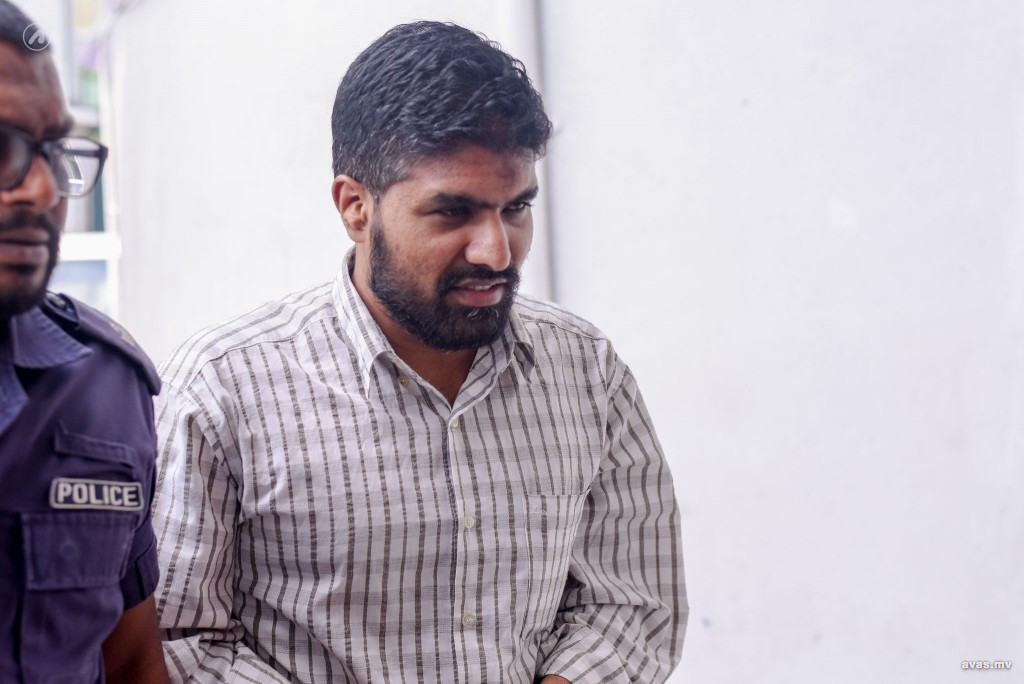Malé, Maldives – High Court of the Maldives supports Criminal Courts ruling to drop all charges brought up against a Maldivian who was accused of going to Pakistan to partake in a war.
Mohamed Abdul Rahman, who went to Pakistan in 2007 for his studies and later, in 2009, allegedly moved to the “Vaanaa” region to join a local militant group and proceeded to fight in a local war that was taking place at the time.
However, the charges were dropped by the Criminal Court as there were no laws preventing Maldivians from fighting wars abroad before 2015 and that the Anti-Terrorism Act was passed in October 2015. The state could not prove that Abdul Rahman fought in a war after 2015 when the Anti-Terrorism Act began to be enforced. According to the Act, individuals fighting a foreign war may face up to 17 years to 20 years in prison.
Mohamed Abdul Rahman was arrested in June 2016, alleged that Abdul Rahman has connections to Al-Qaeda leaders, adding that as per Abdul Rahman’s statement, it is evident he was married to the sister-in-law of Abu Usman, a top Al-Qaeda affiliated terrorist. The state also brought up an operation he had to remove pieces of shrapnel, which was allegedly from fighting in Pakistan.
As per Section (a) of Article 59 of the Maldivian Constitution, which states that no person shall be found guilty of any act or omission which did not constitute an offence under Islamic Shari’ah or law at the time committed or shall a more severe penalty be imposed than the one applicable at the time the offence was committed.
Section (b) of Article 61 of the Constitution which states that no person may be subjected to any punishment except pursuant to a statute or pursuant to a regulation made under authority of a statute, which has been made available to the public and which defines the criminal offence and the punishment for commission of the offense.
Based on the two sections of the constitution High Court supported the lower courts ruling. The High Court bench which oversaw the trial consisted of Judge Abdulla Hameed, Judge Abdhu-Raoof Ibrahim and Judge Ali Sameer.





